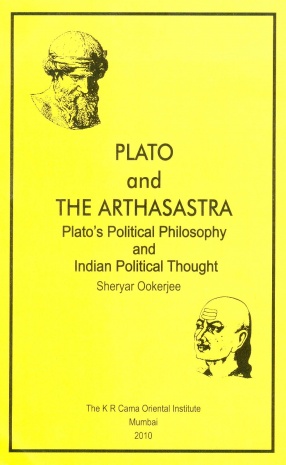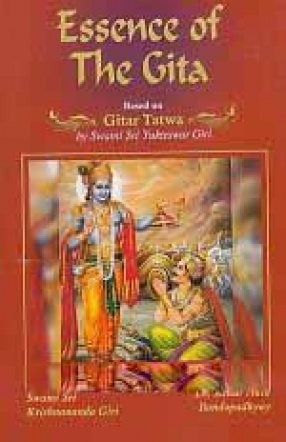Plato and The Arthasastra: Plato's Political Philosophy and Indian Political Thought
Plato and Kautilya were both anxious to preserve a stable and unified state, but while Kautilya sought to achieve it by making the king extremely powerful and not scrupling to use any means, fair or foul, Plato visualises a band of superlatively wise and moral philosopher-kings, specially trained in statecraft.
From these differences flow different conception of the lifestyles, qualities, duties and education of rulers.
Both thinkers refer to their rulers as shepherds of the people, but their conceptions of 'shepheerding' disagree.While the Kautilyan monarchs are well rewarded, enjoying aristocratic luxuries, and espected to always work with a smile, the philosopher-king have to live under austere conditions, performing their duties without any rewards, earthly or spiritual.
Plato and the Arthasastra discusses all these and related matters, like the nature of the state and justice, law-making, punishment and totalitarianism. It also incidentally brings out the difference between the Western and Indian concepts of political philosophy and styles of philosophising.
Get it now and save 10%
BECOME A MEMBER








Bibliographic information